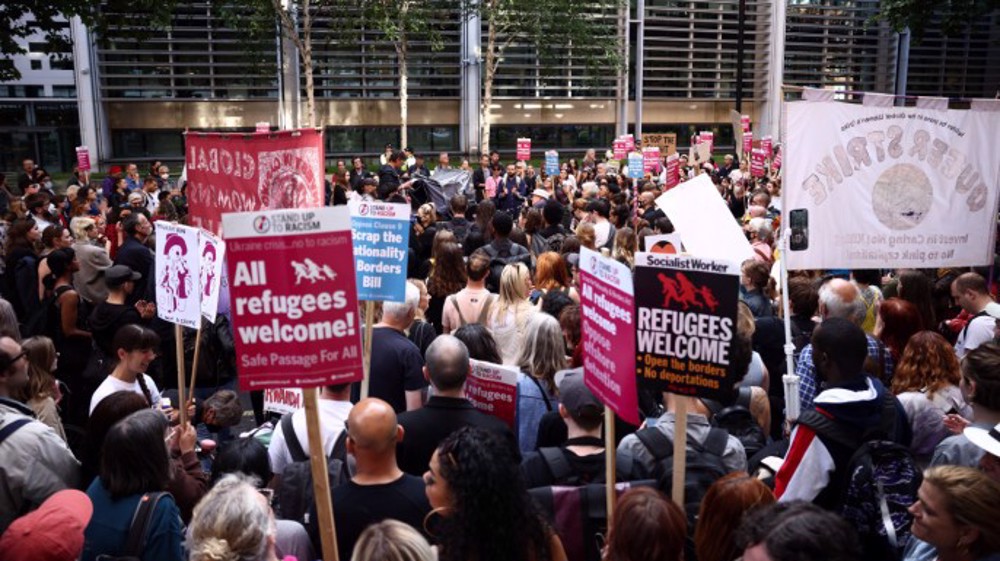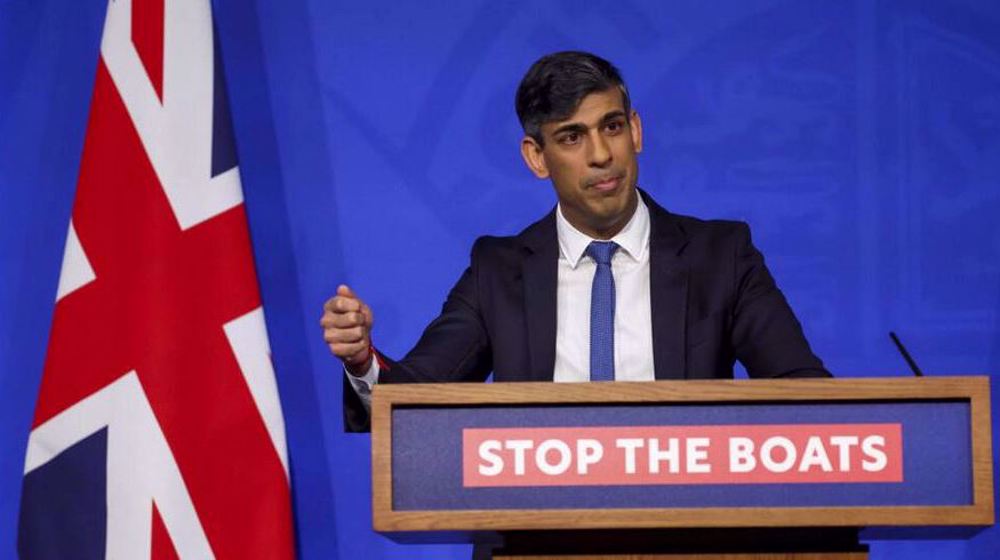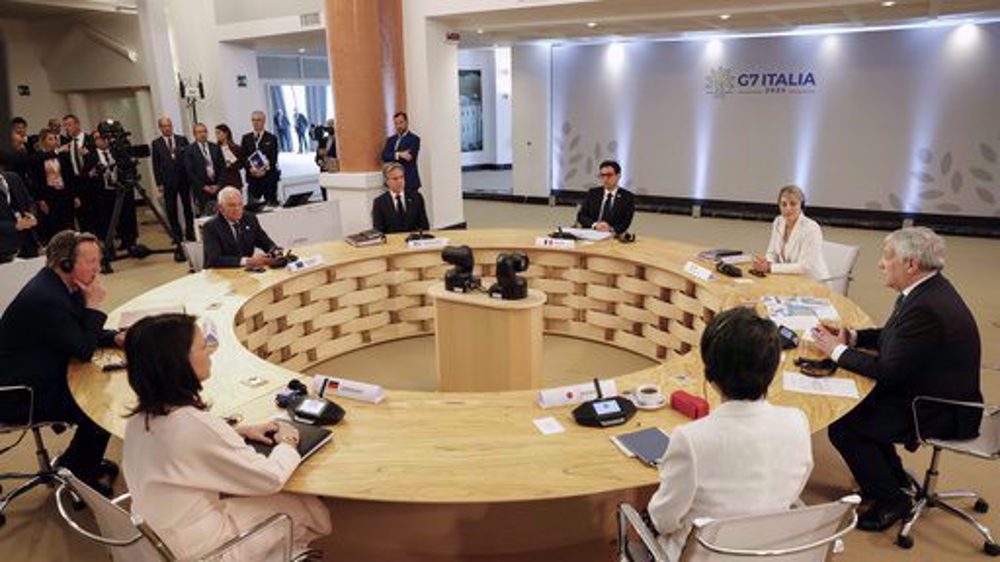British establishment has failed to resolve an intensifying political crisis
The political theatre in the House of Commons this week has obscured a much deeper problem, namely the UK’s inability to manage an intensifying constitutional crisis.
Whilst Brexit is the catalyst that has brought this constitutional crisis to the fore, the causes are deeper and go to the heart of the configuration and distribution of power in British politics.
The depth of the crisis has caused disquiet amongst establishment stalwarts. Writing for the Project Syndicate on August 20, the last British governor of Hong Kong, Chris Patten, asks whether Britain is becoming a “failed state”.
To understand this crisis better, it is worthwhile beginning the analysis from the top. The Brexit-related political crisis intensified after Prime Minister Boris Johnson requested the Queen agree to a prorogation of parliament.
The British monarch is supposedly “apolitical”, but she had no qualms about intervening in this incendiary political battle. The Queen is reportedly a Brexiteer, according to the Sun newspaper.
The Sun article, on March 08, 2016, based its report on two unnamed sources who claimed that the Queen had made critical comments about the European Union (EU) at two private functions.
The nature of the Queen’s powers means that her approval of Johnson’s prorogation request cannot be legally challenged. After all, the British judiciary operates within the “Queen’s Courts”.
Indeed, the consensus amongst British legal experts appears to be that whilst the Queen’s decision cannot be challenged in law, the Prime Minister’s advice to the Queen can be subjected to legal scrutiny.
It is presumably on that basis that former PM John Major has teamed up with anti-Brexit campaigner, Gina Miller, to mount a legal challenge to the five-week suspension of parliament.
Beyond the monarchy, and at the legislative level, the British system appears unable to manage this constitutional crisis. This has been sharply demonstrated by the repeated deadlocks this year in the House of Commons.
Earlier this year, the House of Commons rejected the former PM, Theresa May’s Brexit withdrawal agreement on no less than three occasions.
But May’s troubles at the House of Commons pales in comparison to her embattled successor’s travails. Boris Johnson has been roundly humiliated in parliament this week, as not only MPs voted to take control of the parliamentary agenda, but they also failed to back his plans for an early election.
At the political level too, Britain seems unable to manage this crisis. For even if Johnson gets his way and a snap general election takes place next month, it will most likely not resolve the crisis.
As neither the Tories nor the Labour party appear to be able to win an outright majority, the result will most likely be a hung parliament.
In that scenario either Labour has to team up with the Liberal Democrats to form a government, or the Tories will need to ally with Nigel Farage’s Brexit party to hold onto power.
Both scenarios are inadequate in terms of crisis management, and the latter scenario (Johnson-Farage pact) can potentially escalate the crisis and usher in serious political instability.
Can Britain be rescued from this political and constitutional quagmire? As the system has failed to provide solutions, there is inevitably going to be a groundswell of public discontent.
Indeed, the solution may have to come from the British people themselves who may soon take to the streets to vent their anger at a failed political system.
By Rupert Cansell, Investigative Journalist
Far-right Israeli minister Ben-Gvir injured
Germany clears pro-Gaza camp as US-style demos spread across Europe
Iran: US lacks competence to comment on human rights, freedom of expression
It could take 14 years to remove debris left by Israel war on Gaza: UN
Iran, China discuss military cooperation
Sanders to Netanyahu: 'Don’t insult American people’s intelligence'
Tehran economic conference: Raeisi hails Iran-Africa expansion of ties
VIDEO | Press TV's news headlines










 This makes it easy to access the Press TV website
This makes it easy to access the Press TV website